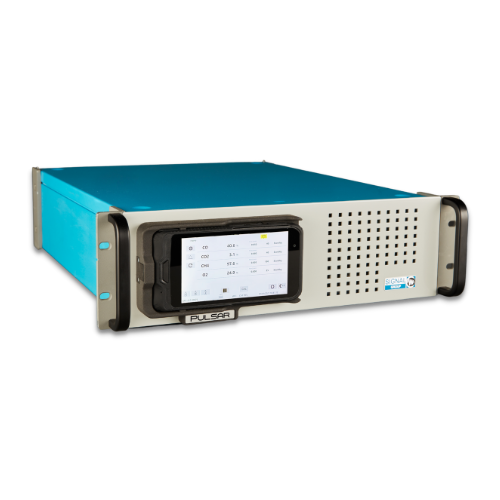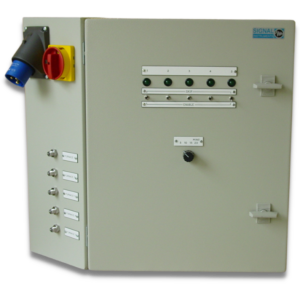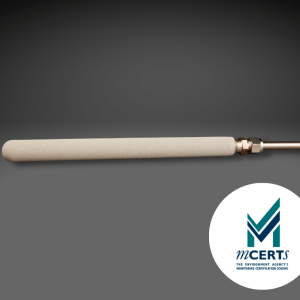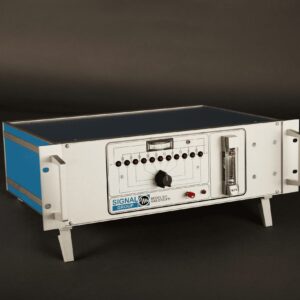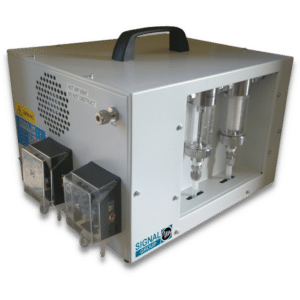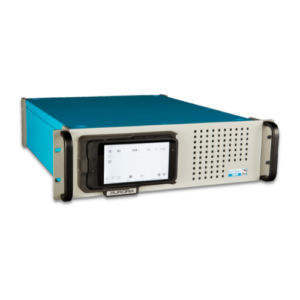The new PULSAR NDIR Multi-gas analyser from Signal Group has been upgraded to provide the company’s best ever performance specification. With ultra-low drift it is ideal for low range applications and high accuracy measurement. The unique design of the detector prevents cross-sensitivity to other gases and also removes the risk of contamination by particulate matter. As a result, this instrument is ideal for a wide range of industrial applications.
Key Features
• Up to 5 channels
• Low ranges E.g. 0-10 ppm CO
• Fast speed of response
• 5 user-configurable ranges + autorange per channel
• Electronic pressure & temperature compensation
• RS232 ‘AK’ protocol, 4-20mA & 0-10VDC chart outputs
• Full ethernet remote diagnostics & control
• Free open-source remote software
• 24VDC or universal mains power supply
• Up to 23 x 1A contact closure outputs
Relevant standards:
- BS EN ISO 21258
- EN 14789
- EN 15058
- ISO 12039
- Ecodesign
- ARP1256D
Technical Specification
RANGE:
CO: 0-10ppm to 0-100%
N2O: 0-10ppm to 0-100%
SO2: 0-100ppm to 0-1%
CO2: 0-100ppm to 0-100%
CH4: 0-1000ppm to 0-100%
HCL: 0-100ppm to 0-1000ppm
RESOLUTION: 1000:1
LINEARITY: 0.5 % of range or 1 % of reading
REPEATABILITY: 1 % of reading
ZERO DRIFT: 1 % FS per week
SPAN DRIFT: 1 % FS per 24 hrs
WARM UP TIME: Usable in 15 minutes, 1 hour to obtain specifications
FLOW SENSITIVITY: 1 % of range per l/min SAMPLE FILTER: 10 microns
OUTPUT SIGNAL: TCP/IP RS232/AK protocol 0.10 VDC
WATER (H20) INTERFERENCE: <1ppm/2ppm H2O typical
REMOTE OPERATION: Full suite of software running Window VB
SAMPLE TEMPERATURE: 5ºC – 40ºC Non-Condensing
POWER REQUIREMENTS: 110/220V 50/60 Hz 24VDC 70-350 Watts depending on number of channels
CONSTRUCTION MATERIALS: 316 Stainless steel PTFE Quartz Calcium Fluoride
SIZE: 19” x 133.5mm x 530 mm
WEIGHT: Max 23 Kg
OXYGEN:
• Servo controlled dumb bell detector Range 0-5 %, 0-10 %, 0-25%
• Accuracy +/- 0.01 % of reading
• Zero drift +/- 0.002 % O2 hour
• Tilt effect 0.01 % O2 degree
• Magnetic effect A mass of soft magnetic material placed anywhere on the enclosure will cause a change in reading of less than +/- 0.1% O2
• Detector noise Less than 0.005 % O2
• Linearity Better than 0.1 % O2

